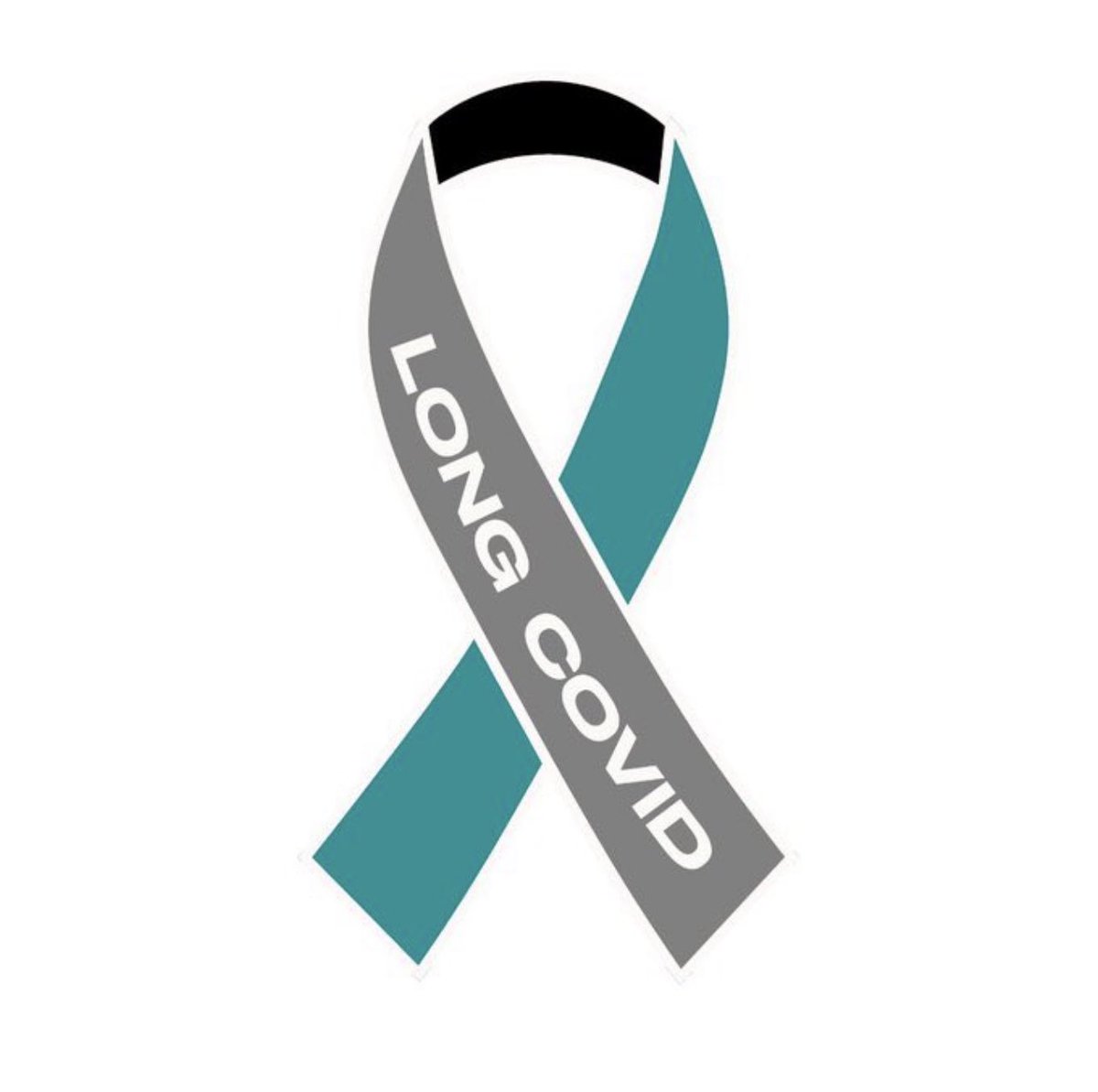[TW: story about severe ME/CFS]
Some time ago, a person with severe #MECFS requested that I visit with them. It has been a while since I was there and I’m still working through everything I heard and saw that day. This person had been unwell for many years and their (1/)
Some time ago, a person with severe #MECFS requested that I visit with them. It has been a while since I was there and I’m still working through everything I heard and saw that day. This person had been unwell for many years and their (1/)
#MECFS was about as severe as I could imagine being possible. The visit started with a friendly coffee and chat with this person’s caregivers. There were so many emotions and feelings in that conversation: grief, resignation, gratitude, fear and concern for the future and (2/)
exhaustion to name just a few. After some time, one of the caregivers went to see if my host was still comfortable meeting with me. I was told I could enter their room. The room was small, very dark (because light was such a trigger) and well-organized so that this person (3/)
could access things in their immediate environment that were necessary for hygiene, dignity and sustenance with minimal exertion. This individual was no longer able to verbally communicate but could manage a measure of basic communication with small hand gestures to interact (4/)
with me. We had precious little time together because their energy was so limited. I thanked them for taking the time to meet me, I told them that I was working to understand their illness and I asked what I could do to help. The response, though expected, gutted me: nothing (5/)
This visit wasn’t about me helping, it was about me bearing witness and understanding the worst possible severity of #MECFS. In almost 20 years of clinical practice, practice that has not been short of highly confronting clinical situations, I can honestly say that was the (6/)
most prolonged and intense instance of human suffering that I had personally witnessed, and it was the most helpless I have ever felt as a clinician. My time was up. I thanked my host profusely and left their room. As their caregiver shut the door they said “they haven’t (7/)
moved from that spot in 7 years”. As I walked away from the room, these kind people offered me food, drink and asked if I wanted to stay. I wish I could have accepted but my mind was spinning, my emotions were in complete turmoil and I numbly told them that I had to leave. (8/)
I really hesitated to share this experience, but ultimately I decided to share for a few reasons:
1) We so rarely hear about the day-to-day reality of those who live on the extremely severe end of the #MECFS spectrum, it is crucial that we understand what so many are going (9/)
1) We so rarely hear about the day-to-day reality of those who live on the extremely severe end of the #MECFS spectrum, it is crucial that we understand what so many are going (9/)
through behind closed doors.
2) I wanted to share how overwhelmed I was by the dignity, grace and selflessness on display by this individual in the face of unimaginable suffering. They gave me some of their precious energy so that I could meet them. They knew I would not (10/)
2) I wanted to share how overwhelmed I was by the dignity, grace and selflessness on display by this individual in the face of unimaginable suffering. They gave me some of their precious energy so that I could meet them. They knew I would not (10/)
have any capability to help them, they knew that spending time with me would cost them. They chose to do it anyway so I could learn. That level of selflessness and bravery for a cause is so rare and needs to be acknowledged.
3) If there are people with #MECFS reading this (11/)
3) If there are people with #MECFS reading this (11/)
who are in a similar situation, I wanted you to know what I’ve seen. I’ve seen first-hand how severe this illness can get. This is an experience that will stay with me for life, and until we have treatment options for people living with this severity of #MECFS, our work (12/)
is not done.
I apologize for such a heavy topic on a Saturday and I hope this thread was not too confronting for #pwME or other complex chronic illnesses who read along. I’ll leave it here, but I’d just like to share a heartfelt thanks to all who are selflessly sharing (13/)
I apologize for such a heavy topic on a Saturday and I hope this thread was not too confronting for #pwME or other complex chronic illnesses who read along. I’ll leave it here, but I’d just like to share a heartfelt thanks to all who are selflessly sharing (13/)
their experiences with me and my team. We are learning so much from this extraordinary community and we are endlessly appreciative of the kindness, selflessness and partnership that you continue to entrust us with. Thank you. 🙏🏻 (End)
• • •
Missing some Tweet in this thread? You can try to
force a refresh

 Read on Twitter
Read on Twitter




